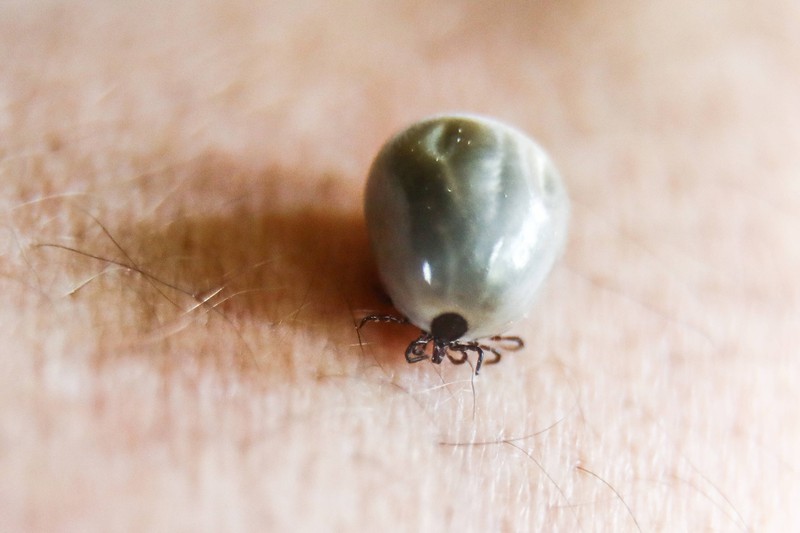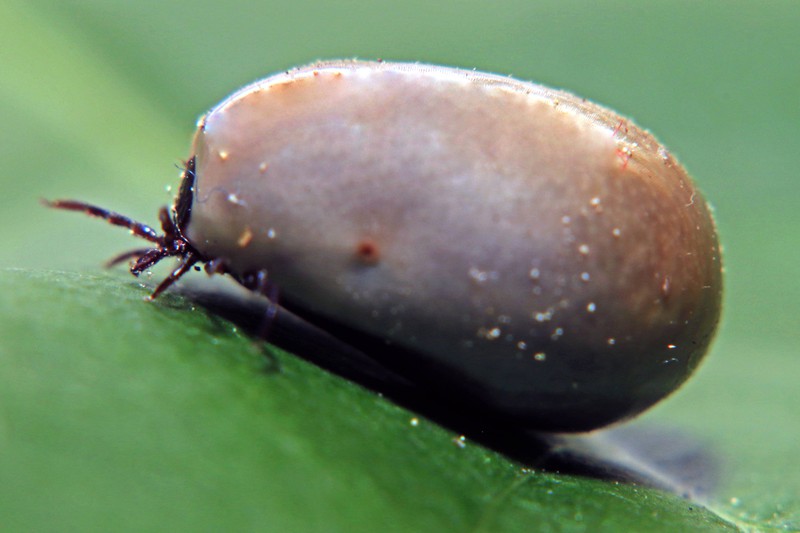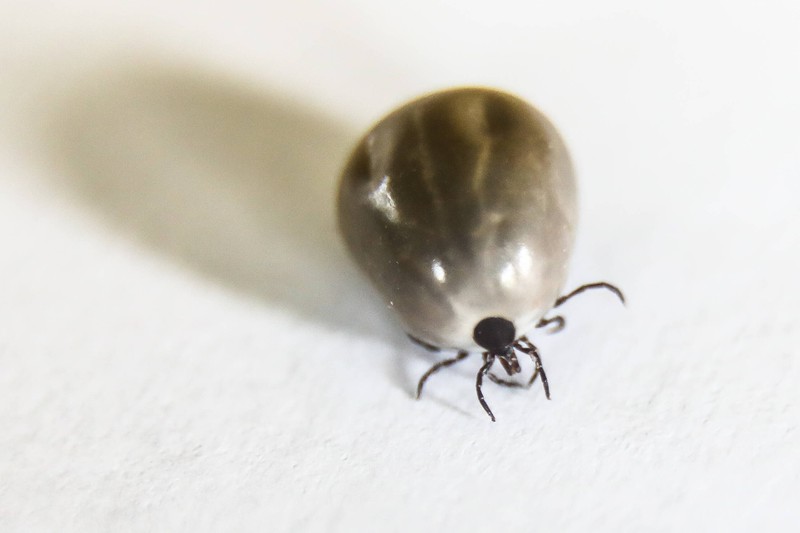Here's Why You Should Never Flush A Tick Down The Toilet!
Ticks are a real danger for humans and animals! But if you want to get rid of them, don't throw them in the toilet – here's why

The thought of being bitten by a tick is bad enough - and if it does happen, there are a lot of things you can do wrong. But whatever you do, never flush a tick down the toilet!
They can transmit Lyme disease, turn into real blood balls and can even be life-threatening: ticks. Every year they come out of hiding and "terrorize" both humans and animals. After every walk in the forest, a tick check is mandatory. Almost everyone is aware of the danger of these little creatures - yet many still make mistakes when it comes to getting rid of them. But that's over now!
Pet owners know the problem all too well: a dog or cat (unfortunately) can't put on long pants or a sweater before a trip into the wild. The consequence: our sweet animal gets bitten by bloodthirsty ticks, and the bloodsuckers have no problem with biting humans either. But what to do once you remove it? Don't flush it down the toilet - and don't crush it either!
You'll learn on the next page how to properly dispose of a tick.

Ticks are True Champions of Survival
That's why you have to do something drastic - and even if it's not particularly "nice", it's the only way to get rid of ticks effectively: You have to kill them, and you have to do it right. Once the tick is removed, you must cut off its head or burn the entire tick. Spraying with insecticide will also kill the tick.
Never crush a tick, because if it was pregnant, its eggs will spread everywhere and a mass invasion is imminent.
Toilets are not a good way to get rid of ticks either, because the tick usually survives the flush (it can live for up to three weeks underwater!) - and that's not all: it can even come back!
You'll find more mistakes you should avoid on the next page!

There is a Common Misconception That you Are Safe at Home
Unfortunately, this is not the case, as people with pets literally open the door to ticks. Not all ticks attach themselves directly. Others simply take advantage of your four-legged friend's presence (like a tick cab) to find your blood.
By the way, we are not safe in winter either: ticks are active as soon as temperatures reach 5 degrees. Granted, they don't have as many opportunities to hide behind leaves and in meadows, but tick checks are also required in winter, especially for pets.
If you do catch a tick, it's best to buy special tick tweezers that can remove the tick from the skin without ripping the body off and leaving the head inside.
